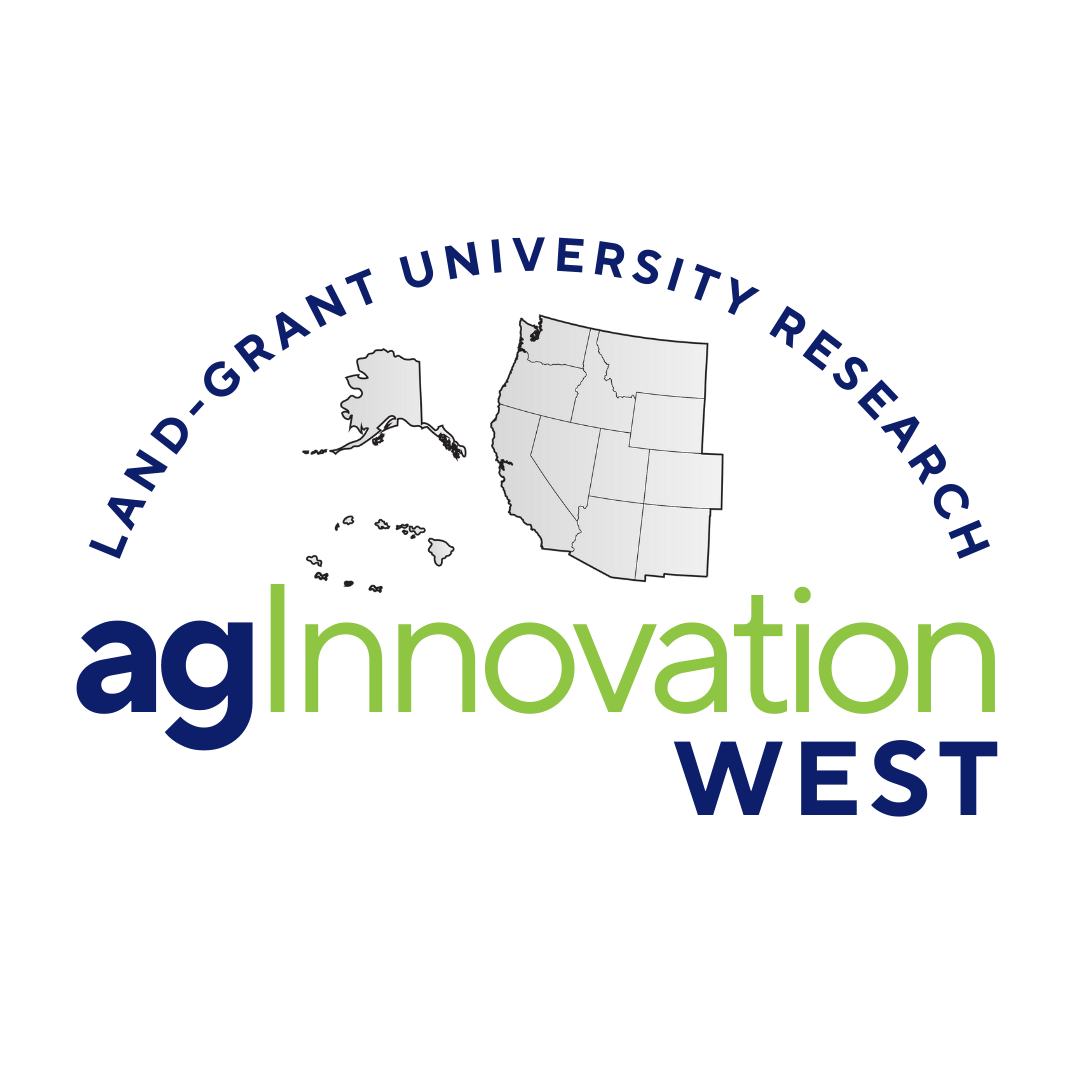
WERA_OLD67: Western Coordinating Committee for Sustainable Agriculture
(Multistate Research Coordinating Committee and Information Exchange Group)
Status: Inactive/Terminating
WERA_OLD67: Western Coordinating Committee for Sustainable Agriculture
Duration: 10/01/2000 to 09/30/2005
Administrative Advisor(s):
NIFA Reps:
Non-Technical Summary
Statement of Issues and Justification
issue "The Agricultural Productivity Act passed by Congress in 1985 as part of the Food Security Act, provided the authority to conduct research and education programs in alternative farming systems, at that time known as Lo?SInput Sustainable Agriculture (LISA). The 1990 Farm Bill strengthened the intent of the 1985 Food Security Act, and it further defined and expanded the objectives of the program to include education of agricultural professionals. The USDA program's name was changed at this time to the Sustainable Agriculture Research and Education (SARE) program. Congressional approval of the SARE program was continued in the 1996 Farm Bill (Federal Agricultural Improvement and Reform Act of 1996), with $1.1 million appropriated for research, education, and professional development activities in 1996. The SARE program operates a competitive grants program and is administered through four geographic regions. In the Western Region (comprising 13 states and American Samoa, Micronesia, Northern Marianas, and Guam) an Administrative Council is responsible for overall policy and funding decisions for a variety of competitive grants programs. WCC?67 (formerly WRCC?67) was first established in 1987 because of a growing need to enhance coordination and communication on sustainable agriculture research and outreach activities occurring throughout the western region. Of the four geographic regions, the western region covers the largest geographical area with the greatest number of bio?regions and farming systems, from the Pacific islands to Alaska to the desert southwest. Coordination and identification of research and education priorities of a multidiscipline, bioregion specific program such as sustainable agriculture requires regular evaluation and feedback. Because of the diverse agricultural systems found in the western region, and the multi?disciplinary nature of research and outreach activities within these sustainable agricultural systems, regional communication among researchers and outreach professionals is critically important. A coordinating committee to provide communication and feedback on new issues, priorities, successes, and failures is vital to the overall success of the program."�
Objectives
-
Coordination of Region-wide Efforts: Stimulate multi-state projects (WCC-67 will work to identify common areas of collaboration, with a focus on sustainable production systems, direct marketing and value-added. Other possible focus issues are medicinal and culinary herbs, agro-forestry, and sustainable programs for under-served clients). Require an annual written report from each participant and cooperator (a standard reporting format will be developed and distributed with the minutes each year). Annually, provide regional sustainable agriculture priorities to be included in the minutes and given to Western SARE.
-
Outreach and Education Function: Each meeting will have one 'action' theme as the focus of the meeting. Identify priority areas under these themes to be considered by Western SARE for future RFPs, and provide a pool of proposal reviewers for the Western SARE's competitive grants programs. Increase awareness, among the regions sustainable agriculture stakeholders, of the activities and needs of the regions efforts through presentations at the WCC-67 meetings on these target themes. Encourage on-farm research.
-
By invitation, WCC-67 will build partnerships and expand collaboration between agencies and organizations that have a sustainable agriculture mission: Between the Agricultural Experiment Stations and Cooperative Extension, Between Land-Grants and NRCS, EPA, ARS, FSA, etc. Between this committee and other sustainable agriculture groups such as Leopold Center, WSU-CSANR, UC-SAREP, etc. Between landowners, NGOs, farmers, ranchers, commodity groups, agribusiness, etc.
-
�
Procedures and Activities
Expected Outcomes and Impacts
- Coordination of western region research and education programs on sustainable agriculture in priority areas.
- Successful funded multi-state grant proposals, including on-farm research projects.
- Annual minutes, state reports, and list of priority areas from WCC-67 meetings.
- In collaboration with Western SARE maintain a Web site with active research projects, reviewed publications and Extension outreach media.
- Annually, provide a list of key sustainable agriculture research issues and/or needs.
- �
Projected Participation
View Appendix E: ParticipationEducational Plan
ed_plan Extension specialists and other grass roots agricultural educators will be participants in the committee and will conduct educational programs to clientele based on research results. They will be assisted in this effort by the annual minutes, state reports, and a list of priority areas from WCC?67, as well as material submitted to the Western SAKE Web site.
Organization/Governance
governance "WCC67 will have three officers; they will be a Chair, Vice-Chair and Secretary. Each year a secretary will be elected and the positions will be filled by rotation from Secretary to Vice-Chair to Chair. The Secretary will be responsible for the minutes. The Vice-Chair will be responsible for the logistics of the annual meeting. The annual meeting will generally be held in the state of the Vice-Chair. Meeting locations will be set two years in advance. If for some reason the meeting is not held in the state of the Vice-chair a member from that state must volunteer to assist the Vice-Chair in this role. The Chair will prepare the meeting announcements, agenda and any reports required beyond the minutes. At the end of the petition period all chairs under this petition will assist the final chair in preparing the accomplishment report. The committee will attempt to hold a joint meeting with the WS ARE PDP coordinators and administrative council every second or third year."
Literature Cited
�